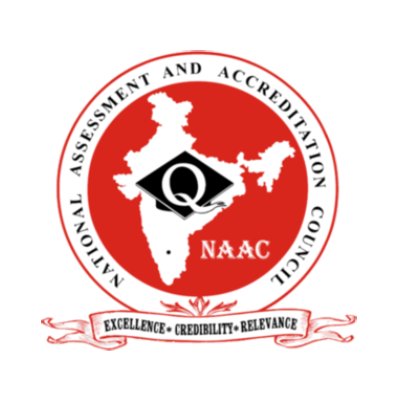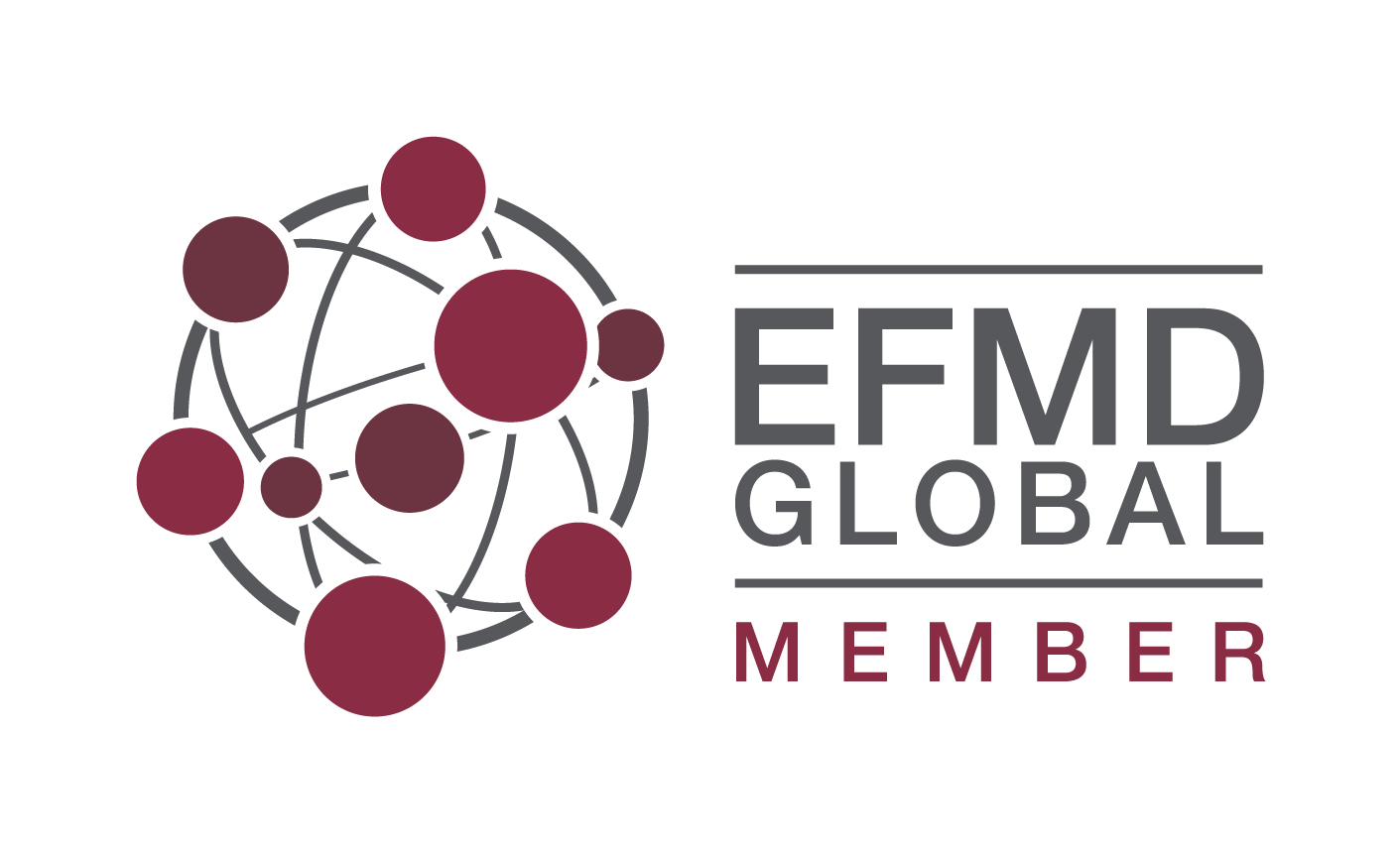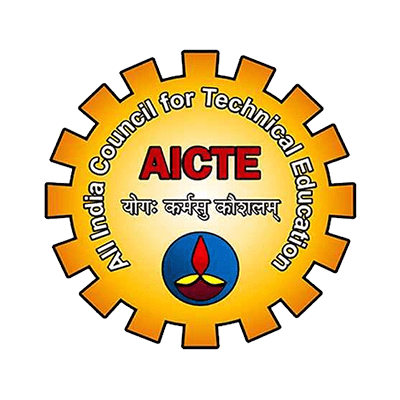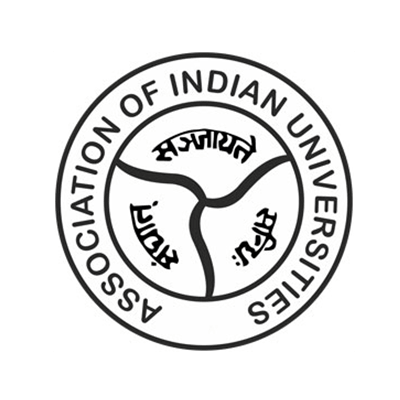PSU Buybacks

Dr.Chanchal Chatterjee
PSU : A Tool for Meeting Disinvestment Targets?
Dr.Chanchal Chatterjee
Companies returnsurplus cash to the shareholders either though paying cash dividends or by repurchasing shares. Traditionally, cash dividend has been preferred by Indian companies than share buyback (share repurchase). However, for returning excess cash to the shareholders as one off payment, cash dividend may not be a suitable option always. Finance theory suggests that, paying extra dividend in one fine year may increase the expectation of the shareholders for the subsequent years as well and when companies are unable to meet that expectation of higher dividend in the subsequent years, a negative reaction is most likely from the shareholders, which is why companies maintain a stable dividend policy over the years. In such a situation, share buyback can be a preferred route for returning surplus cash to the shareholders. Although share buyback practice is very much popular in developed economies like US, UK, Australia, Canada etc. for a long time, the scenario is little different in India. However, over past few years, it has started gaining popularity in the Indian corporate sector too as it brings certain important benefits. Buyback results in reducing number of equity shares and thereby increasing Earning per share (EPS). Also buyback is believed to boost stock prices as buyback price is usually higher than the current market price.
Promoters can reduce their stakes by tendering their shares under buyback. This has created an opportunity for the government to partially achieve its disinvestment targets through public sector undertakings’ (PSUs) buybacks. The disinvestment department of the finance ministry draws up buyback plans for PSUs. Since majority of the shares of PSUs are held by government, a lion share of the surplus cash of PSUs comes to the government through buyback route and at the same time government’s shareholding is reduced. This is because the repurchased shares are removed from the books of accounts by reducing equity capital.

Source: SEBIfillingsofShareBuybacksbycompanies;ProwessIQ,CMIEandAuthor’s Compilation.BBValueindicatesBuybackValue.
It’s a fact that several PSUs are cash rich (see Table 1). Companies like Bharat Electronics, BHEL, NHPC, NLC India, MOIL Ltd, NHPC and SJVN are truly cash rich and cash balances of most of these companies have gradually reduced from 2016 to 2018. Through buyback route, the PSUs have returned, on an average, more than ₹ 10, 000 crores during 2016-2018. In aggregate, these PSUs have returned ₹ 33, 873 croresduring 2016-2018. NMDC alone had returned ₹7528 crores in 2016 and the list goes on. Interestingly, government has received a major portion of this amount being the largest shareholder of such PSUs.Therefore, share buyback has become the white night and a regular strategy of the government for achieving disinvestment targets, especially in cash rich PSUs, which do not have ambitious capital expenditure (Capex) plans. Also buybacks can be executed with low transaction costs and in lesser time period. In a nutshell, the government is targeting buyback as an effective tool of its disinvestment policy. This was not the scenario a decade before. Whatsoever, the question is, why government is depending so much on buybacks instead of selling stakes in PSUs? The simple reason is, that the government is not getting proper values for PSUs, signifying that investors are not optimistic about PSUs’ valuation.But how long the government will depend on buybacks for meeting its disinvestment targets? Is it a sustainable strategy? In my view, the government should focus on value creation of PSUs instead of forcing them in returning surplus cash through buybacks. Rather the surplus cash should be reinvested into profitable projects for long term value creation for the PSUs.












